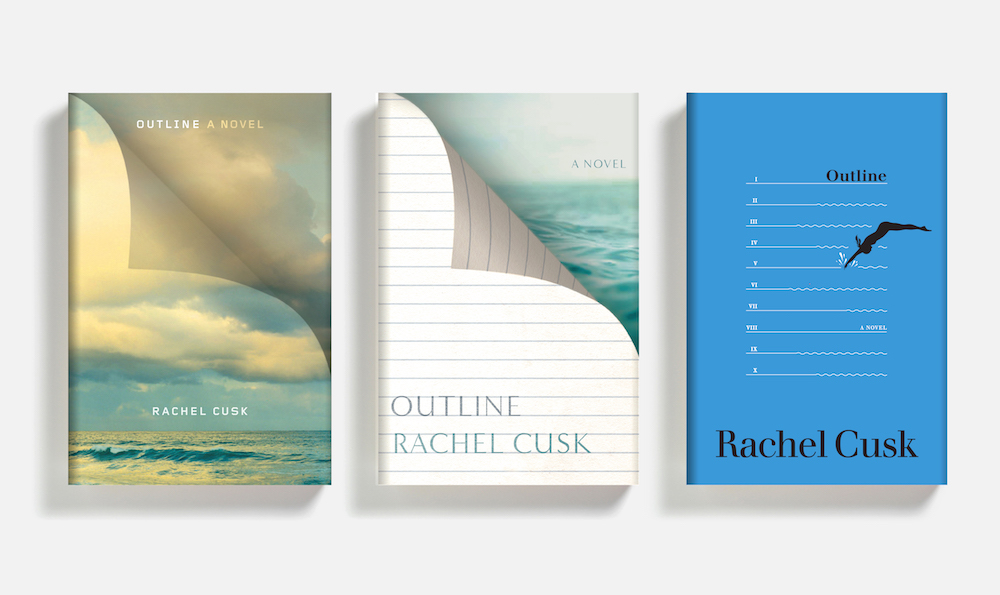
“I’m always on the move artistically,” she says, “to find what the language of our world will be. Outline, the first in what might be called Rachel Cusk’s Faye trilogy, was such a seamless union of form and ideas that it left this reader marvelling at its discreet charms and radical. “I have found freedom is in fact truth,” she says–although she is still determining how to communicate that truth. Cusk remains hopeful that being honest about pain can lead to salvation. But Cusk wonders in Kudos whether they–like Medea, Antigone and other women of Greek tragedy–can achieve honor through that suffering. “Now what replaces it?”įaye and her friends are still trapped in archetypes: the angry feminist who fights against marriage, or the martyr who sacrifices herself to the institution. The cycle constitutes an artistic breakthrough and a triumph within.

“With #MeToo, we’re witnessing an unraveling of an old morality,” Cusk says. Rachel Cusk’s new novel, Kudos, completes the trilogy she began in 2014 with Outline and extended in 2016 with Transit.

That process may begin with righteous anger, as when Faye’s friends share stories about abusive exes and question gender roles. A woman in search of meaning in life invites an artist to spend the summer at her. “The private consciousness was enacted on the public stage,” says Cusk of Brexit, “including the trauma.” Cusk hints that society should rebuild its structures rather than seek liberation from them. New in From the author of Outline, Transit & Kudos, Rachel Cusk.

Faye’s seatmate on a plane interprets signs lobbying voters to “leave” or “remain” as a personal comment on his own marriage. The costs of freedom also take on a political import: the U.K.’s divorce from the European Union haunts the novel, set shortly before the Brexit vote.


 0 kommentar(er)
0 kommentar(er)
